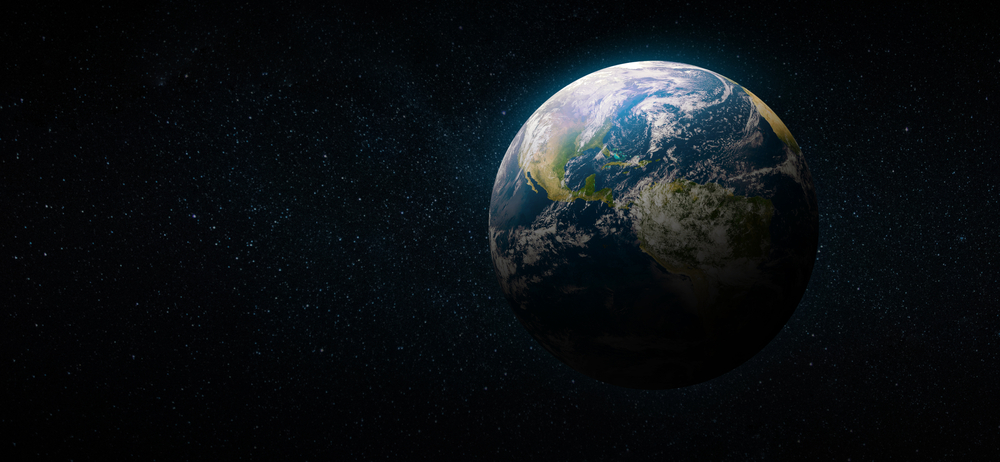 Paul Kindstedt, Professor of Food Science at the University of Vermont in Burlington, discovered that the role of cheese makers and their cheeses has been undervalued in history. He recently wrote about his findings in Cheese and Culture: A History of Cheese and its Place in Western Civilization.
Paul Kindstedt, Professor of Food Science at the University of Vermont in Burlington, discovered that the role of cheese makers and their cheeses has been undervalued in history. He recently wrote about his findings in Cheese and Culture: A History of Cheese and its Place in Western Civilization.
Elleke Bal | September/October 2012 Issue
Who actually invented cheese?
“Cheese was probably first eaten in Anatolia, now Turkey and Syria, around 7,000 to 6,500 BC. It was a quark- or ricotta-like, soft, fresh cheese made with cow’s milk. The Anatolians had the opportunity to make cheese because, for the first time in history, they had a milk surplus as well as jugs and containers to collect the milk.”
You claim that cheese is at the basis of Western civilization. In what way?
“It is in many ways. And for one of them we have to go back to Mesopotamian mythology. There was a goddess named Inanna who loved cheese and married a shepherd who made dairy products. Cheese was the required daily offering at Inanna’s temple. This meant that a lot of sheep were kept in Mesopotamia, whose inhabitants also began using their wool. And that, in the form of textile products, ultimately became a source of Mesopotamia’s wealth. The area eventually became the cradle of Western civilization.”

Has cheese ever led to war?
“Cheese has certainly played a major role in our military history. Take the Romans, for instance. They were masters at occupying conquered territories because they built settlements quickly, and they had permanently stationed troops that were supplied with food: Just after conquering a territory, among other things, they transported sheep and cheese makers to the area. The cheese makers then taught the local people to make cheese. So, cheese helped the Roman empire expand.”
What is your favorite cheese?
“That would be the cheddarlike cheese I grew up with in Vermont, a sharp, hard cheese. But its history is really rather tragic. The British Puritans came to New England in the 17th century to build a new Jerusalem. Instead they started selling their cheese to the colonies in the West Indies, a business that ultimately led them into the slave trade. This is another example of where cheese has impacted history in unexpected ways and made us all who we are today.”
Cheese “Made Us Who We Are”
More of Today's Solutions
It’s kitten season! How to help overwhelmed shelters manage the influx of kit...
Kitten season has arrived, bringing with it an irresistible wave of feline cuteness. However, behind the scenes, animal rescues and shelters are dealing with ...
Read MoreHow to cut down on your food waste
Cutting down on food waste helps the environment in a number of important ways. Most obviously, it saves the resources and energy that go ...
Read MoreHow to keep an eye on your eye health
As we age, we can become more vulnerable to developing age-related eye conditions, diseases, and vision loss. The best way to stave off, or ...
Read MoreCRISPR-Cas9 may be able to solve obesity
Cases of obesity have been steadily increasing worldwide, especially during the pandemic. Lack of physical activity through more office-based jobs, plus a lack of ...
Read More










